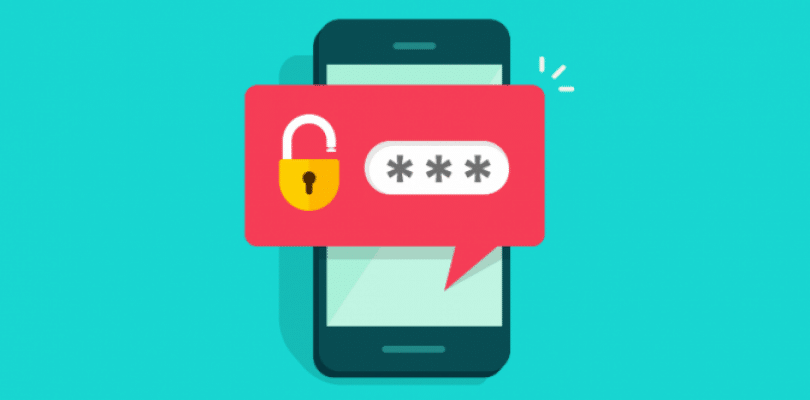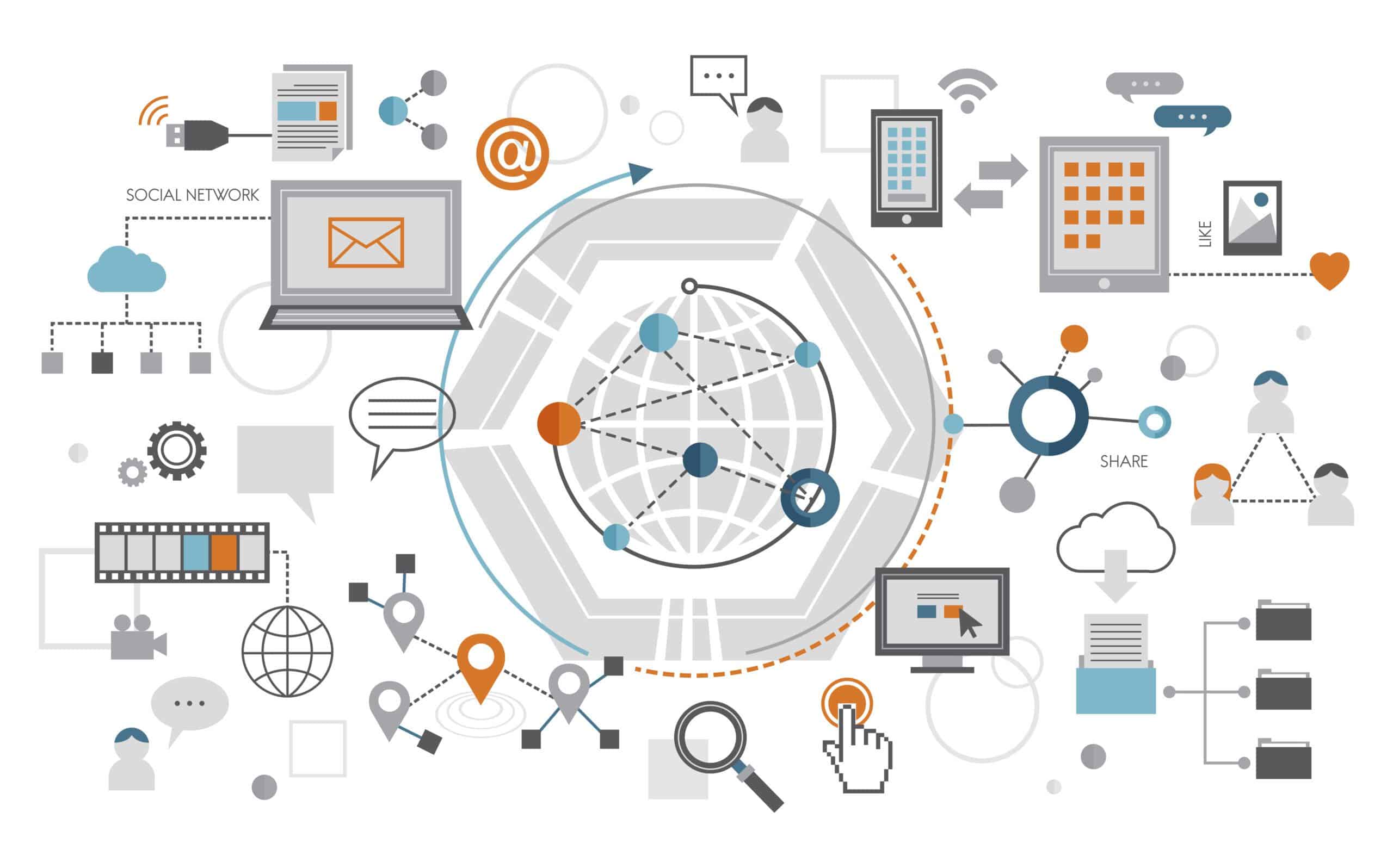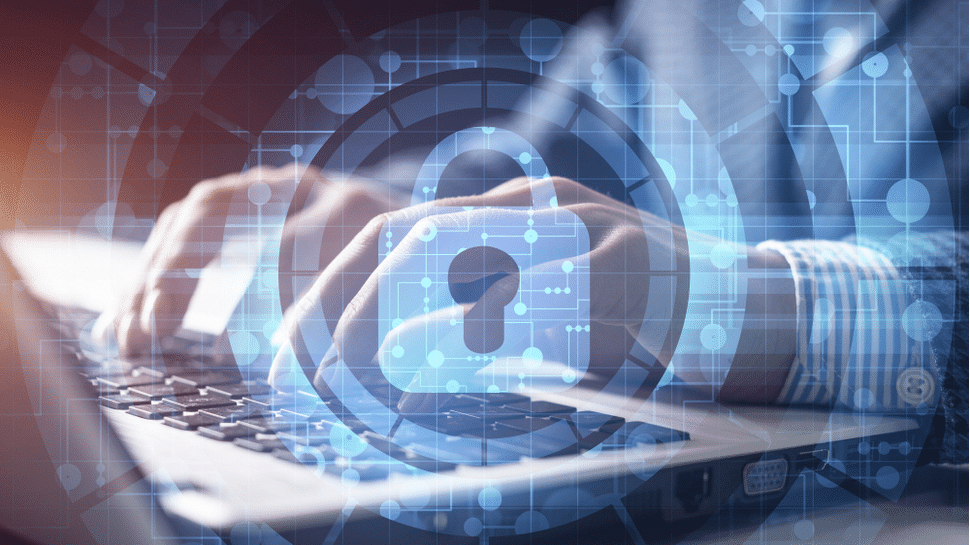As data breaches and cyberattacks continue to escalate, it has never been more important to take measures to safeguard your passwords. By adhering to best practices for password creation, these best practices will enable you to develop unbreakable passwords for both personal and professional accounts.
Stay away from using information readily available about you online or social media in your passwords or security-verification questions; hackers use these types of clues to attempt brute force attacks on passwords they believe they know about you.
Create Strong Passwords
Password security has long been an issue. Cybercriminals use compromised passwords to gain entry to sensitive data and make money. Compromised passwords account for 80% of data breaches resulting in financial losses for both businesses and consumers alike.
Strong passwords can help prevent breaches in security. A good rule of thumb is to select at least twelve-character long passwords incorporating letters (upper and lowercase), numbers, special characters and special characters into it. A passphrase would be even better — four or more random words which are easier to remember than single words like “R0s3s 4 U!”
Also, it’s crucial that each account uses unique passwords – this ensures if a breach exposes your credentials, they won’t be reused on other accounts as part of a “credential stuffing attack.” Thankfully, there are tools such as password generators and management apps such as Dashlane that can assist in the creation and management of strong passwords.
Change Your Passwords Regularly
Many people hear it is wise to change passwords every 30, 60, or 90 days; although this used to hold true in the past. Unfortunately, however, its logic no longer holds up.
Instead, changing passwords should only be undertaken if absolutely necessary. For instance, if you use public computers or suspect malware has been active on them, changing may be beneficial.
Change Your Password Following Data Breaches When your password has been compromised due to a data breach, hackers often utilize what’s known as credential stuffing (using leaked passwords on different services and websites) in an attempt to credential stuff them – this means it is crucial that all of your passwords are unique so as to prevent potential damage that might ensue from credential stuffing attacks. Most password managers provide alerts when your account has been compromised making changing passwords an effortless process.
Keep Your Passwords Secure
As we all know, password security is of great importance, with complex passwords being essential to ensure protection of personal information and money. But even with best practices implemented to increase protection, hackers still manage to gain entry and potentially gain control of accounts and gain personal access and take personal information and money for themselves.
Hackers gain access to passwords through data breaches. Leaked from websites or applications, these leaked passwords often end up on the dark web and can be purchased and used by hackers to gain entry to additional accounts of their victims.
A good way to prevent hackers from breaking into your passwords is by not including any personally identifiable information in them, such as your name, a real dictionary word, date of birth or family names in them. Instead, use a combination of uppercase letters, lowercase letters, numbers and special symbols instead.
Don’t Share Your Passwords
Someone who knows your password could gain entry to your account and view sensitive personal data that could harm both your reputation and relationships, potentially landing them in legal trouble.
Password hacks and data breaches are an ever-present risk, increasing the odds that your passwords could become vulnerable. When yours falls prey to one of these breaches, hackers could use it to access accounts on other sites or services in what’s known as a “stuffing attack.”
At this point, it’s crucial that you keep your passwords to yourself. Giving someone access to your password could give them access to all your accounts – such as emails and social media pages – as well as credit card and financial data. Only share passwords with trusted individuals who have proved themselves trustworthy; even then it would be prudent to create an easily guessable password and store it safely such as in a password manager.



